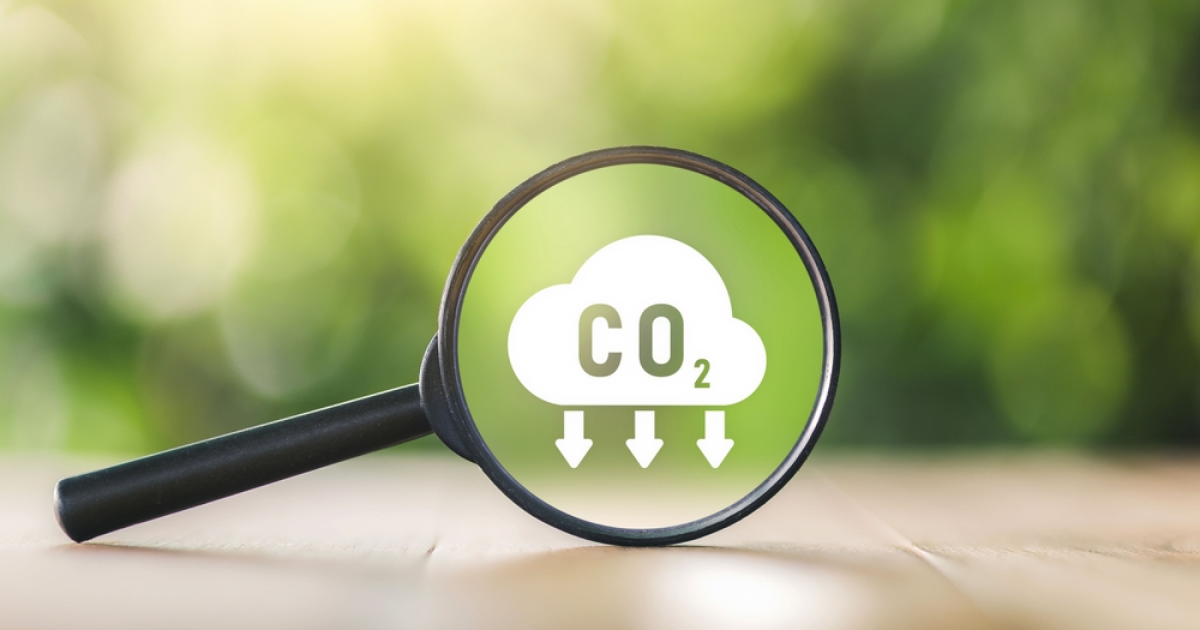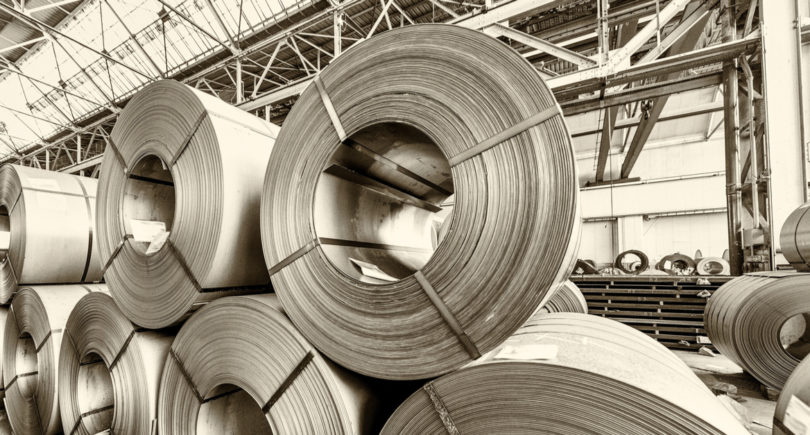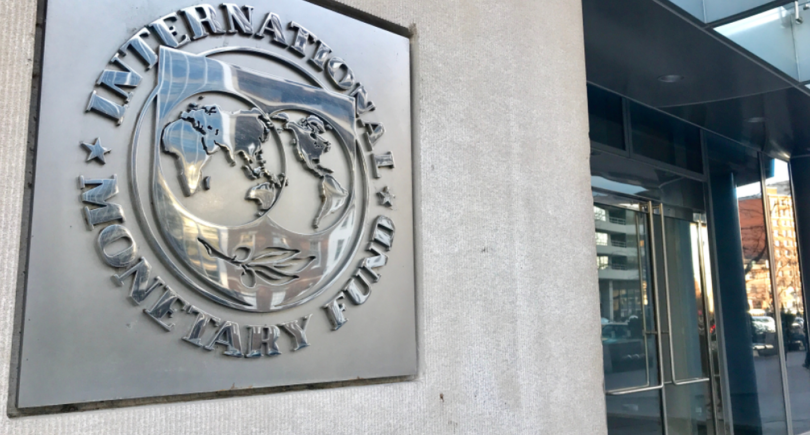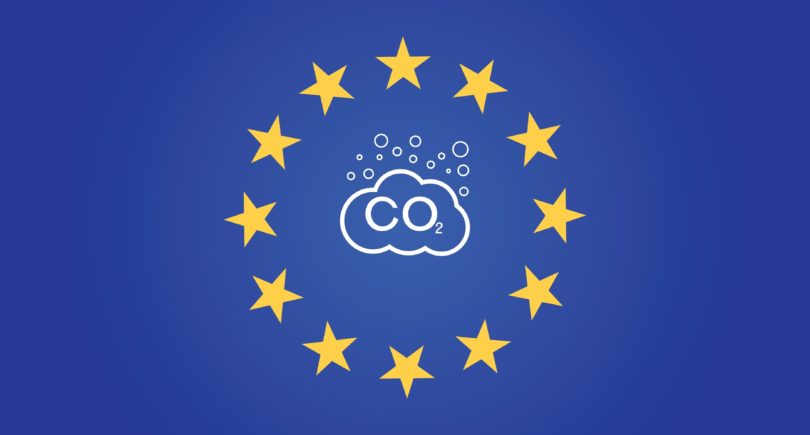
News Global Market CBAM 1131 29 July 2024
The country's government is considering introducing a price on carbon emissions exclusively for steel industry
The Malaysian government is considering introducing a carbon price exclusively for the steel industry. This was announced by Ong Kian Ming, Vice-Rector for External Relations at Taylor’s University, The Star reports.
According to the scientist, who is a member of an independent committee set up by the Ministry of Investment, Trade and Industry (Miti) to advise on the future of the steel industry, this is currently one of the most active discussions. If the country succeeds in implementing this step, it will pave the way for the possible introduction of carbon credits for other sectors of the economy. In addition, this discussion is related to the European Carbon Border Adjustment Mechanism (CBAM).
Renato Lima de Oliveira, Associate Professor at the Institute of Democracy and Economic Affairs, noted that in terms of average emissions per ton of steel, Malaysia is one of the countries with a fairly low level of 4.5% in 2020.
However, he said, the country is expected to record higher emissions from steel production than the global average.
“There is a process of structural transformation underway, with production with higher emissions moving to Malaysia. Thus, the volume and profile of production in the country is changing rapidly. Although the government has imposed a moratorium on the construction of new steel capacity, it still lacks a comprehensive emissions policy,” de Oliveira said.
In addition, according to the scientist, CO2 pricing is recognized as an effective tool for reducing emissions, but it has not yet been implemented in the country.
De Oliveira added that this means that the total emissions in Malaysia will be dominated by one industry, and additional opportunities to reduce emissions in other sectors may be even more limited. This raises the question of investment decisions, including investment rules, which, in particular, should take into account production technology.
The researcher believes that introducing carbon pricing without CBAM is a problem, as the latter serves to prevent carbon leakage. Therefore, the country should also consider introducing its own analog of CBAM. This will prevent the outflow of investments from the country.
“CBAM is something that requires a lot of capacity, but once the country starts measuring it and companies follow all the necessary procedures to export to the European market, it will become more viable to adopt it locally,” de Oliveira explained.
Last summer, Miti commissioned the Malaysian Steel Industry Association (MSA) to formulate a roadmap for the country’s environmental transition. In preparing the strategy, the MSA was to consider sources of funding, both public and private. The document was also expected to include policy recommendations on the carbon pricing ecosystem, ESG (environmental, social and governance) compliance and reporting.




